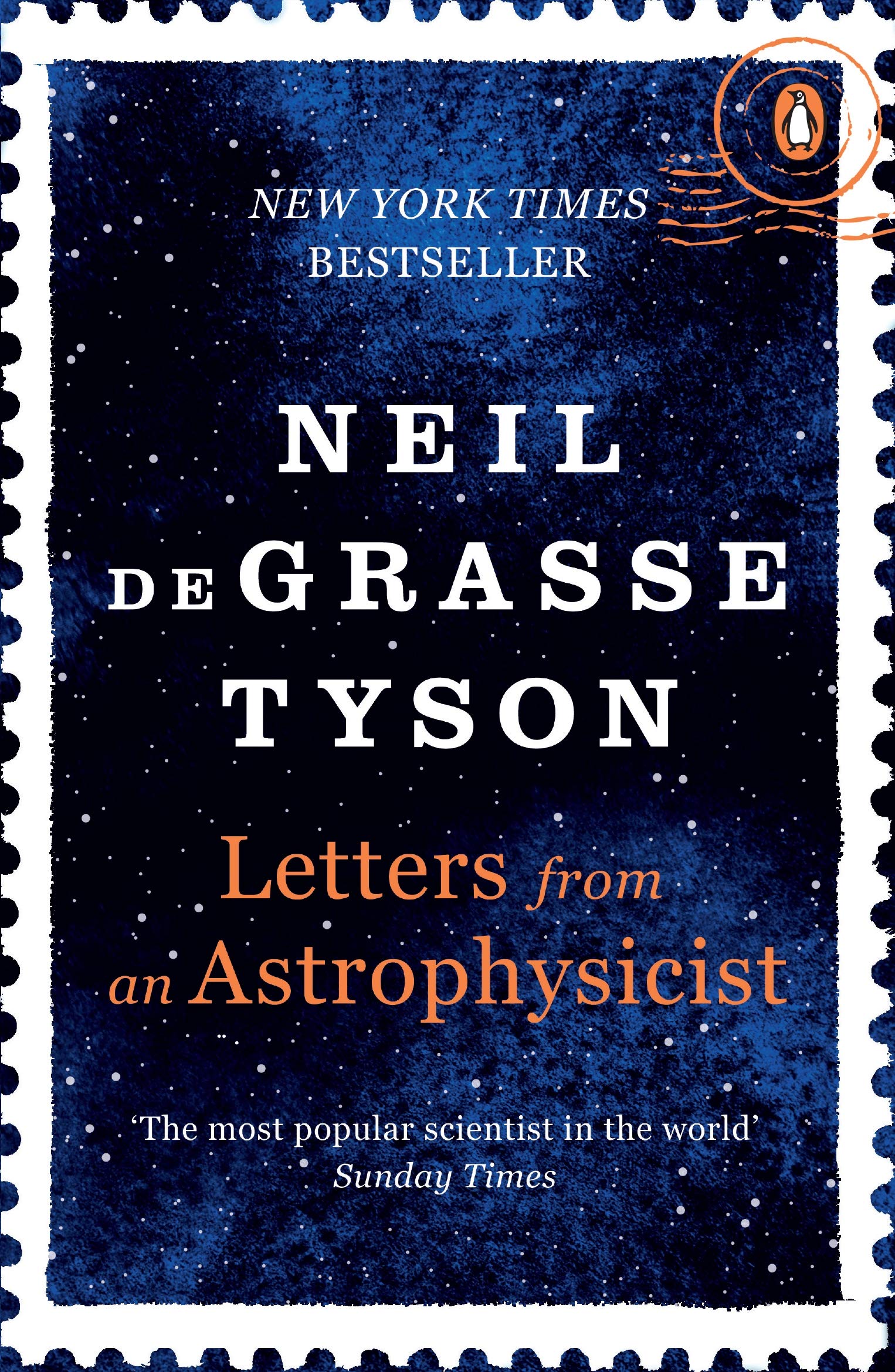What do you think?
Rate this book


256 pages, Paperback
First published October 8, 2019
Yes, the universe wants to kill us. But on the other hand, we all want to live. So let’s find a way together to deflect the asteroids, find the cure to the next lethal virus, mitigate hurricanes, tsunamis, volcanoes, etc. This can only be enabled by the efforts of a scientifically and technologically literate public. Therein lies a hope on Earth far greater than ever promised by the act of prayer or introspection.It can be a bit of a challenge when talking about Neil deGrasse Tyson, deciding just where to start. Overall, one would have to say that He is the public face of space, this side of fiction, anyway. And speaking of fiction, he was cast in a recent Neal Stephenson novel, SevenEves, albeit with a nom du plume. He has published 14 books, hosted several science-focused TV series, including Cosmos, Star Talk, Origins, the Pluto Files and more. He is only the fifth ever head of the New York Planetarium, served on presidential science advisory councils, has been awarded NASA’s highest non-government-employee award. He is the teacher you wished you had for science, enthusiastic, knowledgeable, and encouraging, and with a wonderful sense of humor.

…you should know that among my colleagues, I am the rare few in my generation who became an astrophysicist in spite of your achievements in space rather than because of them. For my inspiration, I instead turned to libraries, remaindered books on the cosmos from bookstores, my rooftop telescope and the Hayden Planetarium.NASA moved forward in its employee selection with time, and Tyson would serve as an advisor to America’s space agency. He looks at extraordinary claims, the Cosmos, science denial, philosophy, matters of life and death, his experience with 9/11, religious faith, school issues, and parenting. A chapter titled “Rebuttals” is reserved for special smackdowns. Some chapters are more potpourri than focused. There is a fair bit of overlap among the chapters in subject material, but not enough to negate the structure of the book. Some notions are repeated maybe a time or two too often, but that is a small blemish.
“The theory of evolution is not something to “believe in.” Science follows evidence. And when strong evidence supports an idea, the concept of belief, when invoked the way religious people use the word, is unnecessary. In other words, established science is not an ensemble of beliefs, it’s a system of ideas supported by verifiable evidence.
You did not ask if I believe in the sunrise. Or if I believe the sky is blue. Or if I believe Earth has a Moon. These are non-controversial truths about the physical world for which the word “believe” has no place. Evolution by natural selection is a non-controversial tenet of modern biology. It’s not controversial among biologists, that is. Among religious fundamentalists, biological evolution does not square with their faith-based belief system, in which they invoke the Bible as an inerrant understanding of the physical world.”
How about if pious people all lived longer than non-pious people? How about when a plane crashes, only the pious people survive? How about Jesus comes when people say he will come? How about people pray for peace, and then all wars in the world stop permanently? How about good things happen exclusively to good people and bad things happen exclusively to bad people? How about an earthquake strikes Lisbon on All Saints Day, while everyone is in Church, as it did in 1755, and it kills only people who are not in Church, rather than the tens of thousands of people who were, as what actually happened that fateful morning. These events would trigger serious (scientific) conversation about the existence of God and how he treats people who worship him versus those who do not.
